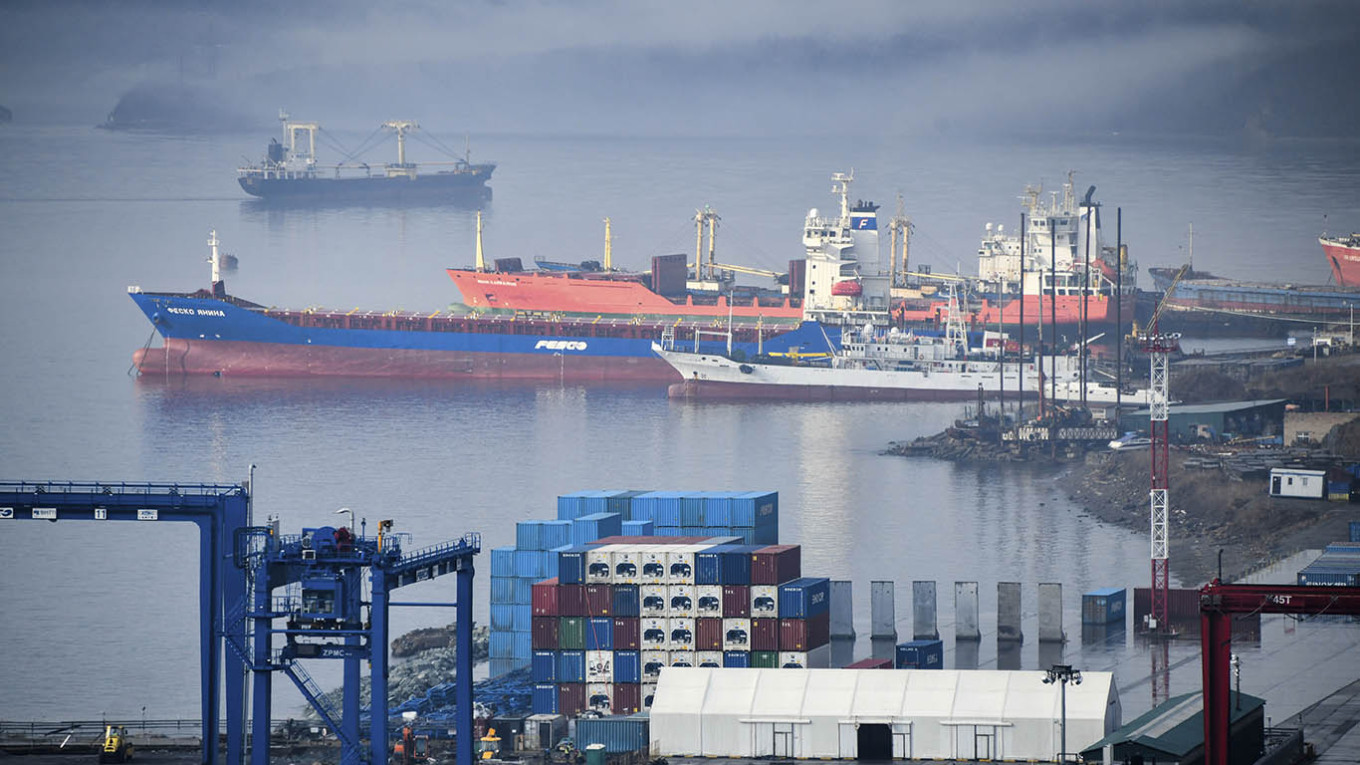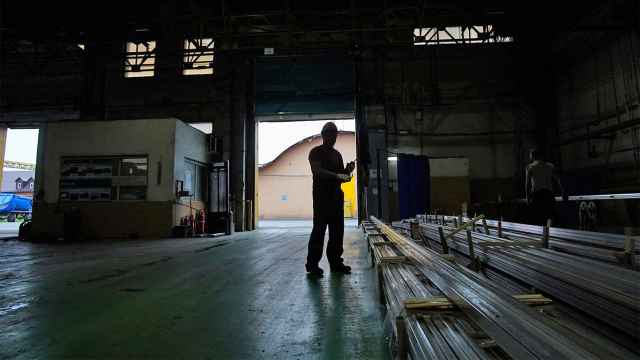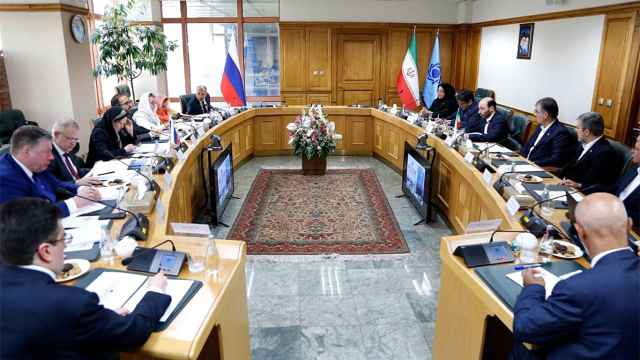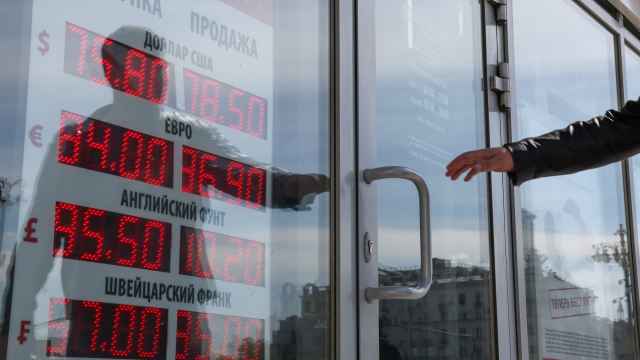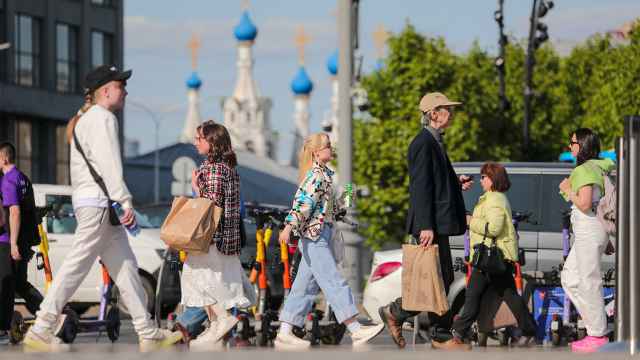Russian authorities are increasingly restricting access to core government statistics, including economic, demographic and crime data, as concerns grow over a potential economic slowdown, analysts at the state-owned Promsvyazbank (PSB) said in a new report.
The escalation follows Russian President Vladimir Putin's call to avoid a recession, a move that analysts at PSB note has resulted in the state statistics service Rosstat withholding several key macroeconomic figures for June and the first half of 2025.
Among the missing data were inflation-adjusted retail and wholesale trade figures. Rosstat reported a nominal 12.2% year-on-year rise in retail turnover for June but omitted the real, inflation-adjusted number. PSB analysts estimate real growth may be closer to 2-3%.
Wholesale trade data raised further concerns. Although Rosstat cited a nominal 0.4% increase, PSB said real turnover likely dropped by as much as 10%, continuing a months-long decline.
Real GDP figures for June typically published by the Economic Development Ministry were also absent.
The data blackout is the latest in a broader trend that began after Russia launched its full-scale invasion of Ukraine in 2022.
Customs data and information about the Central Bank’s gold and foreign currency reserves have been made confidential, and large corporations are no longer required to disclose financial results or senior management details.
In 2023, the government classified oil and gas production figures, and by 2024, following a series of drone strikes blamed on Ukraine, Rosstat stopped publishing data on the production of gasoline and diesel fuel.
Demographic data has been particularly affected. After the invasion, Rosstat stopped publishing age- and region-specific mortality statistics.
By 2024, it had also withheld data on causes of death, which could serve as indirect measures of military casualties.
In 2025, as the birth rate fell to historic lows, the agency suspended all monthly data on births, deaths, marriages and divorces, as well as regional population figures.
The Interior Ministry has also restricted crime-related mortality data amid a reported spike in serious offenses linked to the return of ex-convicts from the front lines. The current level of violent crime reportedly stands at its highest in 15 years.
A Message from The Moscow Times:
Dear readers,
We are facing unprecedented challenges. Russia's Prosecutor General's Office has designated The Moscow Times as an "undesirable" organization, criminalizing our work and putting our staff at risk of prosecution. This follows our earlier unjust labeling as a "foreign agent."
These actions are direct attempts to silence independent journalism in Russia. The authorities claim our work "discredits the decisions of the Russian leadership." We see things differently: we strive to provide accurate, unbiased reporting on Russia.
We, the journalists of The Moscow Times, refuse to be silenced. But to continue our work, we need your help.
Your support, no matter how small, makes a world of difference. If you can, please support us monthly starting from just $2. It's quick to set up, and every contribution makes a significant impact.
By supporting The Moscow Times, you're defending open, independent journalism in the face of repression. Thank you for standing with us.
Remind me later.


